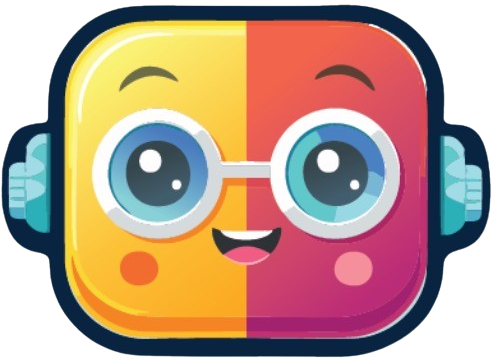My Take: When Politeness Meets Processing Power
When I first read Sam Altman’s recent comment — that polite language in ChatGPT prompts is costing tens of millions of dollars annually in electricity — I paused. Not because I was shocked (okay, maybe a little), but because… it made perfect sense.
After all, think about how most of us talk to AI.
We don’t just say:
“Summarize this.”
We say:
“Hey ChatGPT! Hope you’re having a nice day. Could you please help me summarize this paragraph?”
It feels natural. Human, even. But the kicker is: every extra word we type gets processed. Every token burns a little more energy. And when 800 million people are doing this weekly? That “please” isn’t so small anymore.
Here’s where it gets ironic:
We were raised to be polite.
“Say please.” “Don’t forget to say thank you!”
Now imagine teaching your kids that —
and then turning around and saying, “But don’t use those words with AI. It’s too expensive.”
Yep. Good manners are starting to come with a bad footprint.
Why I Find This Fascinating (And a Bit Funny)
I’m not an environmentalist or an energy analyst. I’m just someone who loves using and writing about AI.
But this whole thing made me realize: we’ve started treating machines like people, and it’s showing up in the power bill.
It’s not just about manners anymore. It’s behavior design.
AI feels personal. So we respond in kind.
What This Means for Everyday Users (Like You and Me)
This isn’t about being rude.
This is about being aware.
If you’re using AI every day—whether for work, writing, coding, or creativity—this is your friendly nudge:
🧠 Clearer prompts = faster, sharper, more efficient results.
It helps you, and yes, it also helps the infrastructure run a bit leaner.
So here’s a fun challenge:
Next time, try your prompt in 10 words or less.
Then compare the result. You might just like it better.
What’s the Right Balance?
You don’t need to be rude. But maybe you don’t need to write long, polite paragraphs either.
Instead of:
“Hi, hope you’re doing well! Would you mind helping me write a catchy email?”
Try:
“Write a catchy email.”
Simple. Clear. Efficient.
We’re in a New Era of Tech Etiquette
We’re entering a space where talking to machines isn’t just normal—it’s expected. So how we talk matters.
Not just for performance.
Not just for impact.
But for the invisible systems that run behind the scenes, 24/7.
So no, I’m not telling you to stop saying “thank you.”
I’m just saying… sometimes, your silence might be saving a watt.
What’s your take?
Do you still say “please” and “thank you” to ChatGPT?
Are you more mindful of your prompts after reading this?
Let’s talk in the comments👇

